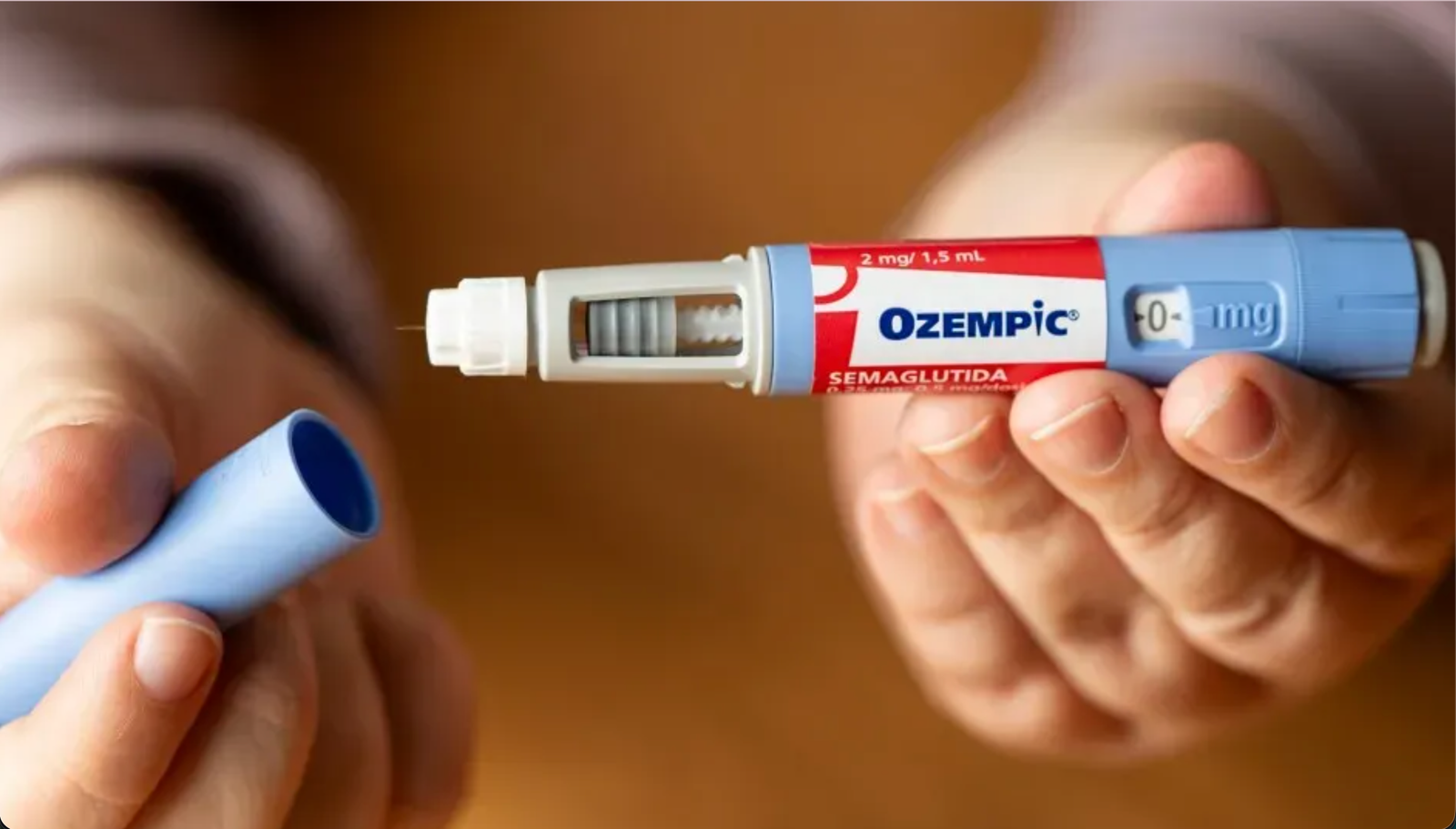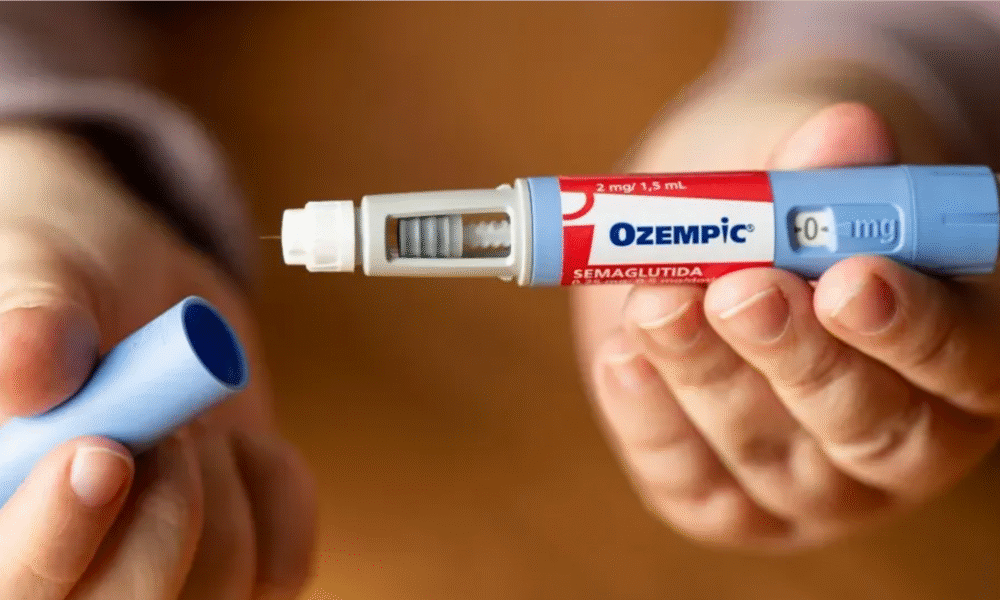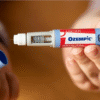Advertising
Ozempic Exploits a Digital Loophole to Dominate Google’s Weight Loss Searches
If you’ve ever googled “weight loss,” chances are you’ve seen a link to Ozempic near the top of your search results. But here’s the catch — Ozempic isn’t approved by the U.S. Food and Drug Administration (FDA) for weight loss. It’s approved to treat Type 2 diabetes.
So how is it showing up in weight-related searches?
The answer lies in sponsored search advertising, a system where companies pay to appear first in Google’s search results for specific keywords.
“Search engines are often the first place people go when they have health questions,” said Daniel Eisenkraft Klein, a Harvard Medical School research fellow. “Pharmaceutical companies have figured out how to game that system with pay-per-click ads.”
The Loophole: Digital Ads Aren’t Regulated Like TV Commercials
Traditional drug ads — whether on TV or in print — must follow strict FDA rules, including full disclosure of risks and approved uses. Ads cannot promote a drug for conditions it hasn’t been cleared to treat.
But online sponsored search results are a gray area. They appear above organic search links and aren’t held to the same regulatory scrutiny. That gap, experts say, allows drug companies to skirt traditional advertising laws while targeting consumers seeking medical information.
A recent study published in JAMA Network Open analyzed two years of Ozempic’s paid search results. Researchers found that 11% of Novo Nordisk’s paid keywords included the word “weight” — despite the drug’s lack of approval for weight loss.
Even more telling, the company paid for search ads linked to its competitors, like Trulicity and Mounjaro. One eyebrow-raising example: “Kelly Clarkson weight loss.”
Experts Warn: Don’t Trust the Top Search Result
“Just because something appears first on Google doesn’t mean it’s objective,” Eisenkraft Klein said. “Scroll past the sponsored links and look for independent medical sources.”
He advises consumers to rely on academic hospitals, public health websites, or FDA resources when researching treatments.
Novo Nordisk defended its advertising practices, saying it adheres to industry standards and U.S. regulations. A company spokesperson told NPR that its paid search strategy helps patients “find information about our medicines to make shared decisions with their healthcare professionals.”
The FDA and Google Respond
The FDA says it’s watching closely. In an email to NPR, Emily Hilliard from the Department of Health and Human Services said the agency is committed to ensuring drug promotions are “truthful, balanced, and accurately communicated.”
Meanwhile, Google insists advertisers are responsible for following regulations. “We have clear policies for advertising prescription drugs,” said spokesperson Nate Funkhouser.
Still, critics argue that the law hasn’t caught up with the technology — and millions of users may be misled into believing that a sponsored link equals medical approval.
The Bigger Picture: Regulating Digital Health Ads
The United States remains one of the few countries that allows direct-to-consumer drug ads. As digital platforms increasingly shape health decisions, experts warn that unregulated online marketing could blur the line between advertising and advice.
Until regulations catch up, the message is clear: if it’s paid for, it’s not impartial.































































Pingback: Ozempic Take Off: How GLP-1 Drugs May Slash Airline Fuel Costs
Pingback: From Ozempic to Insulin: TrumpRx Promises Big Drug Discounts